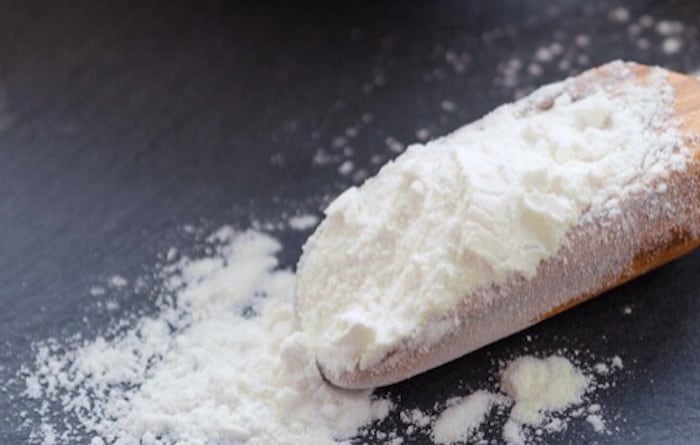The study was conducted by researchers associated with several institutions in Iran. The research was published by the Journal of Nutritional Science.
Low CoQ10 levels observed in critically ill patients
CoQ10, or Coenzyme Q10, is present in all tissues of the body and is an essential component of electron transfer in mitochondria. It is also known for its antioxidant properties. Low levels of CoQ10 interfere with mitochondrial function, which in turn leads to exacerbation of oxidative stress and cellular damage. A 2013 study found a decrease in serum levels of CoQ10 in critically ill patients.
The Iranian researchers postulated that ameliorating that decline in CoQ10 could improve outcomes for patients treated for severe trauma. Their target subject group was patients with low levels of CoQ10 (defined as <2⋅5 μg/ml) who were admitted to the ICU units at Imam Khomeini Hospital Complex at the Tehran University of Medical Sciences. The patients were admitted for various types of trauma, but a unifying factor was that all of them were expected to need mechanical ventilation for at least 48 hours. Patients with kidney disease, or those who were using statins, immunosuppressant drugs, or who had already been taking CoQ10 or other antioxidant supplements were eliminated.
Study done over two years with 40 patients
The research team recruited 40 patients for the study in 2018 and 2019. The groups were divided in treatment and placebo groups. The treatment group received 400 mg/day of CoQ10 via sublingual administration for at least seven days.
To test whether the CoQ10 supplementation was improving outcomes for the trauma patients the researchers measured blood parameters such as malondialdehyde (MDA) and Interleukin 6 (IL-6) concentrations. They also noted differences in the length of time spend on ventilators and measured changes in fat free mass (FFM) and skeletal muscle mass (SMM).
The CoQ10 group spent on average less time on a ventilator than did the control group. The researchers also noted that these patients tended to better preserve SMM and maintained a health FFM ratio during their stays in the ICU, when patients often experience a degree of body wasting. The MDA and IL-6 measurements showed less oxidative stress in the CoQ10 group.
Researchers note study design has limitations
The researchers readily noted that their study was suggestive in nature, rather than drawing a firm conclusion. The differences in each patient’s situation, as well as the small number of subjects overall raised the possibilities of false positives.
Nevertheless, they felt confident enough about the study to conclude: “We have shown that CoQ10 could improve some of the clinical and anthropometric parameters in patients with a traumatic injury. It also caused a significant reduction in ICU and hospital length of stay and MV duration. Further investigation with different dosages and longer intervention time may be warranted to determine the efficacy of CoQ10 in patients with a traumatic injury.”
Extending knowledge of ingredient’s effects
Scott Steinford, executive director of the CoQ10 Association, welcomed the new research, delving as it does into a new aspect of the potential benefits of CoQ10.
“CoQ10 is a ubiquitous substance and is used by every cell of the human body. As such there may be many more benefits that we have not even been able to identify yet,” Steinford said.
Source: Journal of Nutritional Science
Published online by Cambridge University Press: 12 July 2021
Effect of coenzyme Q10 supplementation on oxidative stress and clinical outcomes in patients with low levels of coenzyme Q10 admitted to the intensive care unit
Authors: Hasanloei MAV, et at.




